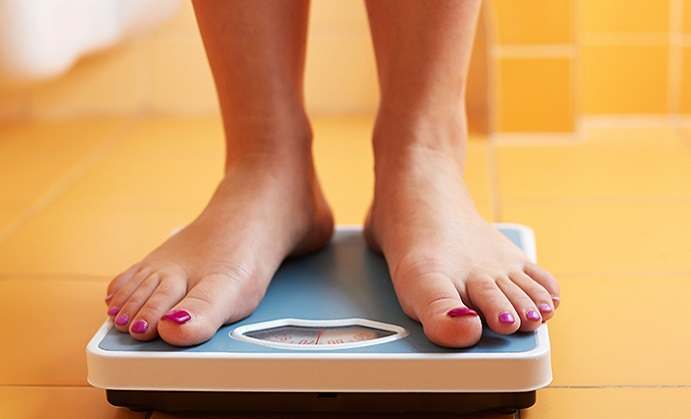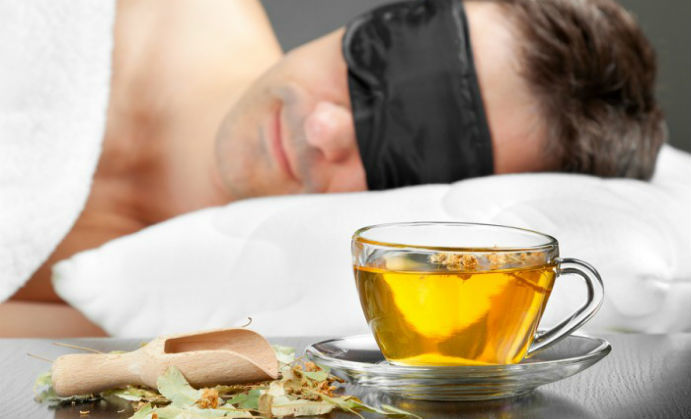Overview
I am worried that insomnia is contributing to my increasing body weight. Is what I am thinking true? Do some foods have the ability to promote good sleep? The answer to these questions is that the existing evidence shows a significant relationship between weight gain, especially abdominal weight increase, and sleeplessness. The available information shows that insufficient sleep can slow resting metabolism in the body. Little sleep also increases hormones that cause people to long for food. Sleep deprived people are also likely to have high amounts of cortisol in their blood. Prolonged and high levels of this stress hormone may take part in the deposition of fats around your abdomen. Nevertheless, these factors do not necessarily imply that your weight gain is a result of insomnia.
Determine the Source of Your Insomnia
Weight gain depends on several factors such as the amounts of calories ingested, food types, food intake timing, and exercise. Examine the diet you are taking and your exercise habits. Look for noticeable changes that might be contributing to your increasing weight.
How to Address Your Insomnia
 Altering what you eat can help you solve sleep problems. Eating the appropriate foods at sundown and avoiding certain foods may help in falling asleep quickly and soundly. The first step is to assess your consumption of caffeine.
Altering what you eat can help you solve sleep problems. Eating the appropriate foods at sundown and avoiding certain foods may help in falling asleep quickly and soundly. The first step is to assess your consumption of caffeine.
Taking a cup of coffee or two can enhance your mental alertness, but taking too much coffee can cause overstimulation of the CNS leading to insomnia. Taking even small amounts of caffeinated coffee may affect your sleep quality because caffeine obstructs the activities of adenosine. This brain chemical induces sleep.
Exclude beverages that contain caffeine eight hours prior to bedtime. Make sure you do not exceed 200 mg of caffeine daily. It is preferable not to consume any of such beverages. If you take regular coffee in an 8-ounce cup, you consume between 80 and 175 milligrams of caffeine. You consume 45g of caffeine if you take black tea from the same cup.
 Alcohol consumption may also interfere with your sleep at night. Alcohol can also cause dehydration worsening fatigue the following day. Keep off alcohol for some weeks or reduce alcohol consumption per day to 12 ounces of beer, 1.5 ounces of spirits, and 5 ounces of wine. If you suffer from sleep apnea (blocking of your upper airway), alcohol consumption increases the risk of blocked airways because alcohol relaxes throat muscles.
Alcohol consumption may also interfere with your sleep at night. Alcohol can also cause dehydration worsening fatigue the following day. Keep off alcohol for some weeks or reduce alcohol consumption per day to 12 ounces of beer, 1.5 ounces of spirits, and 5 ounces of wine. If you suffer from sleep apnea (blocking of your upper airway), alcohol consumption increases the risk of blocked airways because alcohol relaxes throat muscles.
People with sleep apnea experience breathing pauses for about half a minute and these pauses may happen several times. They cause the affected person to wake up several times during sleep.
A late dinner may also disrupt your sleep. It is advisable to eat your dinner three hours prior to sleep time to avoid digestive upsets that might interfere with sleep. Eat a light meal with small amounts of fat to avoid sleep disturbances. Consider taking a dinner with more carbohydrates than proteins. Studies done on mice show that carbohydrates increase insulin, which in turn promotes sleep by resetting your circadian (biological) clock. Take a stir-fried dinner with vegetable chili and brown rice. Also, try chickpeas with entrée salad or marinara sauce with pasta or quinoa. Take most protein-containing foods such as fish, lean meat, egg whites, poultry, and soy during lunch and breakfast. Such foods contribute to the production of the chemical dopamine, which promotes alertness. Finally, do not drink fluids 2 hours prior to bedtime. The purpose of this strategy is to avoid waking up and going to the bathroom at night. If the suggested dietary changes fail to work, consult a physician for assistance.
Do you want to find an effective Insomnia treatment? Check out our top rated Insomnia products











